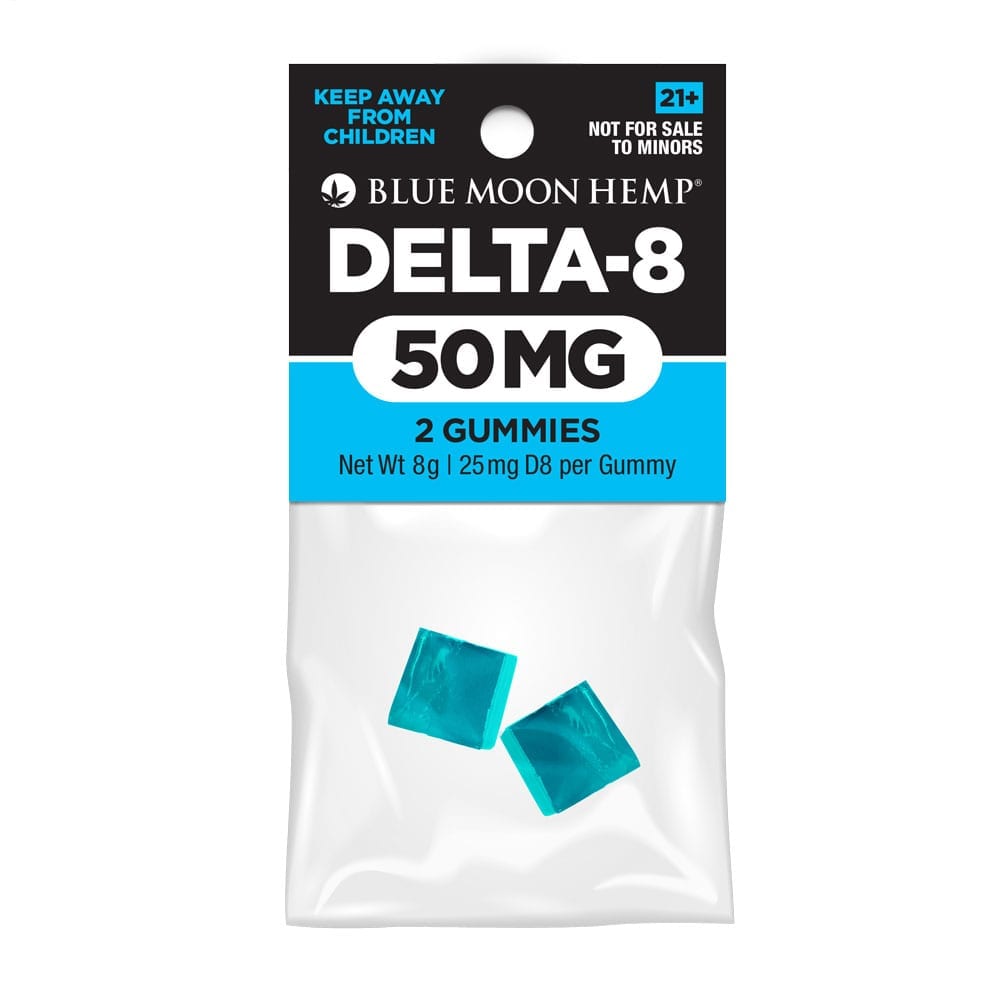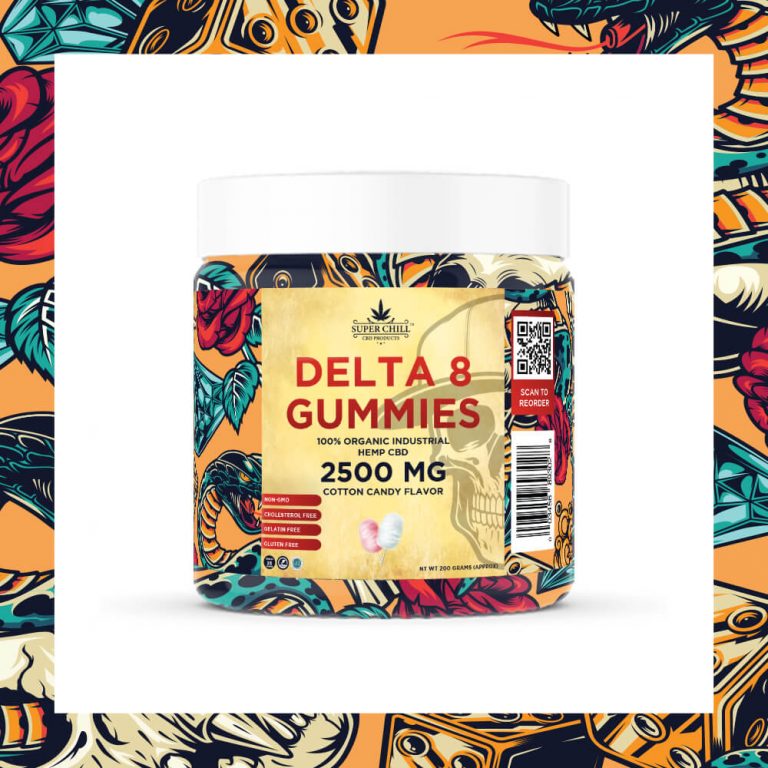Delta-8 is the main active ingredient in cannabis. It is responsible for producing a euphoric high, often referred to as “the body buzz” or “head high.” The effects are generally more intense than those produced by delta-9 and delta-6 THC strains.
However, because delta-8 THC is so rare, it’s far less popular among recreational users. Most of the time, when people refer to marijuana containing delta-8 THC, they’re talking about concentrates like wax, shatter, budder, hash oil and rosin. That said, some companies are working on developing edibles that contain this cannabinoid. Click for more info on their site.
In this article we explore what exactly delta-8 THC does, how it works, and its possible side effects.
How Does Delta-8 THC Work?
The exact mechanism of action remains unknown. However, we do know that delta-8 THC stimulates CB1 receptors, which are located throughout the brain. This stimulation produces feelings of well-being and relaxation. In fact, some people report feeling an increase in creativity while using delta-8 THC.
As you may have guessed, delta-8 THC doesn’t produce the same kind of psychoactive effects as other cannabinoids. Instead, it causes users to feel “happy” or “calm.” There are no physical sensations associated with taking delta-8, but there is usually an increased sense of well-being.

There are two types of cannabinoids found within the cannabis plant. These are called phytocannabinoids (or simply cannabinoids). One group consists of delta-9 THC and delta-9 CBD; the other includes delta-8 THC and cannabinol. Delta-8 THC is extremely rare, making it very difficult to study. Researchers don’t even know if delta-8 THC has any biological activity at all.
That said, there are several studies suggesting that delta-8 THC can help treat several medical conditions. For example, one study showed that it may be effective in treating depression and anxiety. Another study suggests that it may improve appetite loss in patients suffering from HIV/AIDS.
Delta-8 THC also appears to have anti-inflammatory properties. However, the evidence supporting these claims is fairly limited. There’s still a lot we don’t know about delta-8 THC. But, that doesn’t mean we should avoid taking it.
It’s important to keep in mind that delta-8 can cause hallucinations and delusions. Some users have reported a paranoid state, which can include seeing things that aren’t really there. This isn’t something you want to experience while taking any form of medication. And remember, just because a product says it contains delta-8 THC, it doesn’t necessarily mean it actually does.
Side Effects of Delta-8 THC
Delta-8 THC is incredibly potent, so it’s not surprising that users sometimes report feeling dizzy or nauseous. This is especially true if they consume too many gummies at once. Another common side effect is dry mouth. If you find yourself experiencing these symptoms, it’s best to take them slowly and stop immediately if your condition worsens.
Some people also report having a bad mood after consuming delta-8 THC. They describe themselves as feeling lethargic or down. Others report being unable to fall asleep. This can last anywhere from a few hours to a couple days.
If you experience any of these effects, make sure you get enough water. Try to eat or drink foods that are rich in potassium, such as bananas, oranges, raisins and prunes. You should also avoid alcohol, caffeine and sugar, which will only worsen your situation.
Is Delta-8 THC Safe?
While there are plenty of anecdotal reports claiming that delta-8 THC is safe, there’s no clinical data showing that it’s completely harmless. And if you’re wondering why, it’s because the research is lacking.
For starters, researchers haven’t conducted any toxicology tests on delta-8 THC. Because of this, we don’t actually know whether it poses a threat to human health. So, we can’t say for certain whether it’s safe to use.

Other concerns revolve around the fact that it’s extremely rare. Many drug manufacturers don’t want to risk manufacturing an unproven product, so they tend to stick to substances that have already been proven safe. As a result, most cannabis products are made with delta-9 or delta-6 THC instead.
Another issue is that delta-8 THC is a Timetable 1 substance under U.S. regulation. Thusly, it can’t lawfully be sold in that frame of mind without first getting endorsement from the Medication Requirement Organization (DEA). This implies that you can’t get it by and large from a dispensary.
All things considered, you’ll have to arrange it online through an outsider retailer. Sadly, the interaction might require some lawful moving, since the DEA won’t support you except if you can demonstrate that you have a genuine solution.










